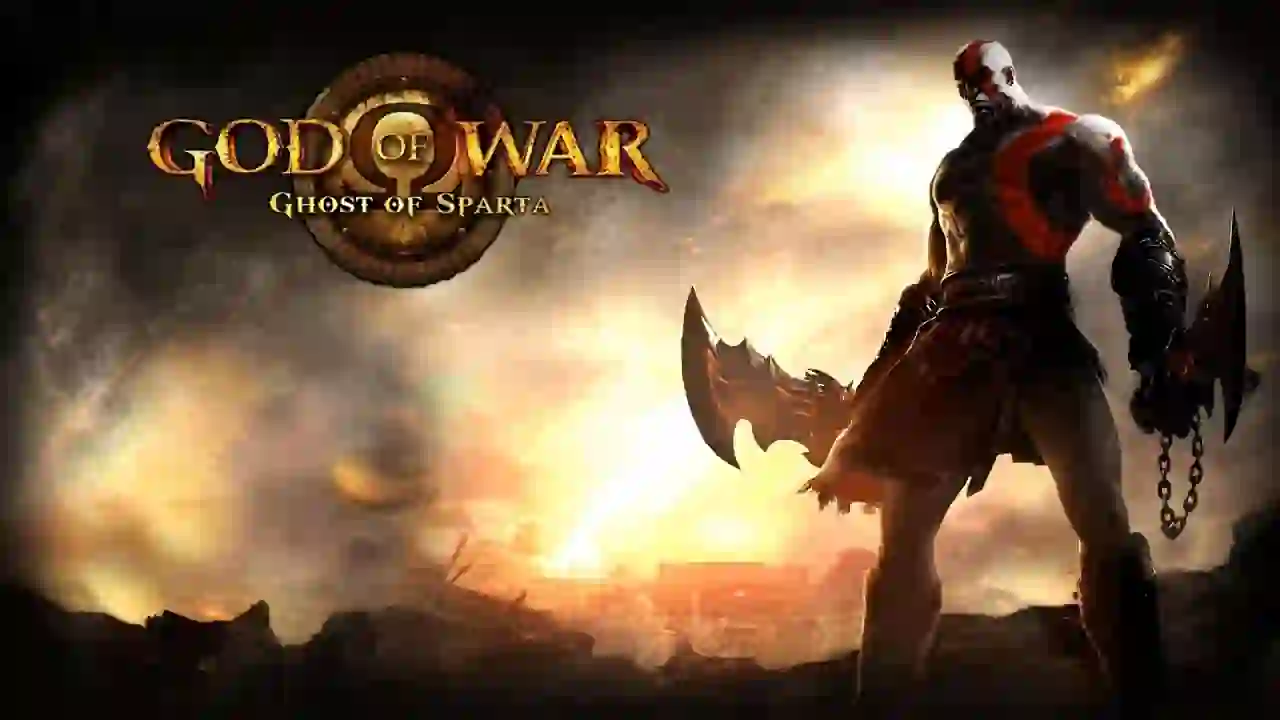




Description
God of War - Ghost of Sparta landed on the PSP in November 2010, thus becoming the second installment of the series God of War in the portable console from Sony. This title, developed by Ready at Dawn Studios and published by Sony Computer Entertainment, had as its main goal to provide an experience of action epic on the small screen of the PSP, expanding the story of Kratos and raising the quality graphics and playable.
Unlike other titles of the series God of War, Ghost of Sparta maintains its exclusivity for the portable console PlayStation Portable (PSP). There has been No re-releases officers to other platforms, although the community of emulators has allowed the game to be enjoyed on PC and mobile devices, while preserving the experience for new generations of players.
In comparison with God of War: Chains of Olympus, his predecessor on the PSP, Ghost of Sparta features remarkable improvements in various aspects:
Graphics: there Is a significant jump in visual quality, with character models and scenarios in more detail, a greater variety of textures and lighting effects more elaborate. The environments are more rich and vibrant, transporting the player to the mythical Greece with greater realism.
Gameplay: The combat experience is enriched with the introduction of new mechanics, like the ability to use secondary weapons and perform combos for a more elaborate and complex. This allows a greater variety of strategies and styles of play, adapting to the preferences of each player.
Sound: The soundtrack is presented with superior audio quality, boosted by the immersion of the player in the epic atmosphere of the game. The sound effects have also been improved, creating a sensory experience more impactful during the battles and key moments of the story.
Story: The plot expands considerably, delving into the past of Kratos and his relationships with other characters. They reveal new details about his origin, his family and the events that marked him as the Ghost of Sparta. This brings a further dimension to the story and allows a better understanding of the motivations of Kratos.
However, Ghost of Sparta also features some declining in comparison with its predecessor:
Duration: The game is a little shorter than Chains of Olympus, which can be a bit disappointing to some players looking for an experience more extensive.
Difficulty: The general difficulty of the game is slightly lower, which may not be to the liking of the players looking for a greater challenge.
Additional content: there are Not that many additional game modes such as Chains of Olympus, limiting the options for those looking to explore beyond the main story.
Ghost of Sparta and marked the end of the saga God of War in portable consoles, the focus of development later in the desktop platform. The game received positive reviews from the specialized press, highlighting the improvements in graphics, gameplay, and the expansion of the story of Kratos. Ghost of Sparta is considered an important piece within the lore of the saga God of War, connecting the events of God of War (2005) God of War II (2007), delving into the past of Kratos and laying the groundwork for their future as the God of War.
History
Kratos, tormented by visions of his past mortal, he embarks on a journey to the sunken city of Atlantis in search of his mother, Callisto, the only person who could soothe his tormented soul. Guided by the spirit of his brother Deimos, Kratos navigate through dangerous seas, facing beasts and mythical warriors and spartans raised.
When you arrive at Atlantis, Kratos discovers that the city is under the control of Poseidon, the god of the sea. To find his mother, he must overcome a series of tests imposed by Poseidon, each one more challenging than the previous one. In their journey, Kratos is with Persephone, goddess of spring, who reveals to him the truth about her past and the fate of his brother.
Finally, Kratos manages to get to the heart of Atlantis, where he finds his mother captive by Poseidon. After an epic battle, Kratos defeats the god of the sea, and freeing Callisto. However, their joy is shattered when he discovers that Deimos has been transformed into a monster by the powers of Poseidon.
In an act of motherly love, Calisto sacrifices himself to liberate Deimos her curse. Kratos, devastated by the death of his mother, unleashes the fury of their inner god, transforming into a being of pure rage and destruction. With an unmatched power, Kratos confronts Deimos corrupted, in a final battle that will determine the fate of both brothers.
After a titanic battle, Kratos manages to defeat Deimos corrupted, freeing his soul from the torment. However, the victory has a bitter cost. Kratos, consumed by revenge and grief, it looks doomed to wander through the world like a ghost of his former self, carrying the weight of their actions and the blame for the death of his mother.

.webp)
.webp)